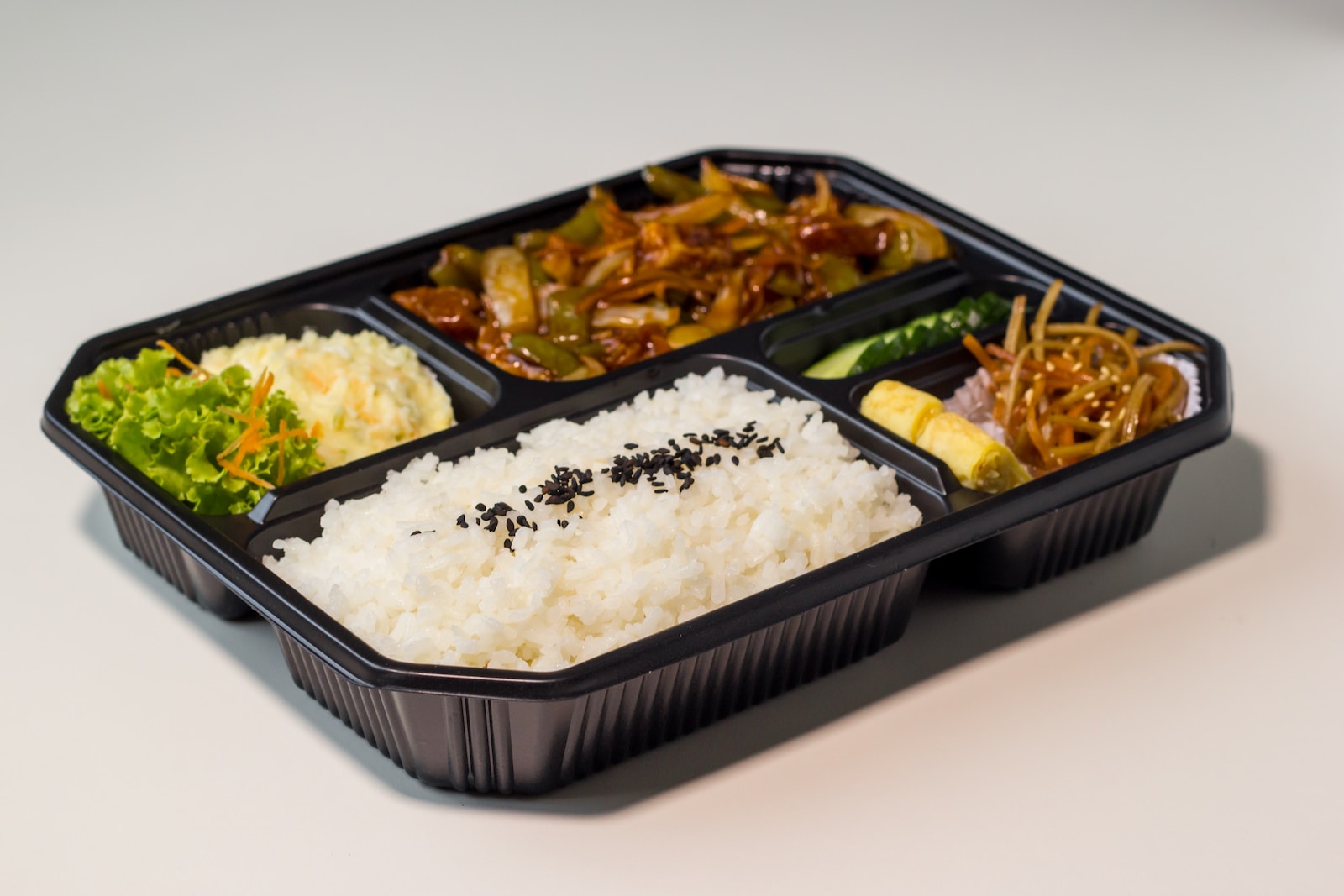In today’s fast-paced world, the intricate connection between our emotions, stress, and eating habits has become increasingly apparent. Many of us find ourselves turning to food as a source of comfort during times of stress and anxiety. In our previous blog we wrote about 10 Incredible Benefits of Hiking for Health and Well-Being. In this blog, we will explore the significance of overcoming emotional eating, delve into the mechanisms behind it, and equip you with practical strategies to transform these negative patterns and overcome emotional eating for good.
Decoding Emotional Eating During Stress and Anxiety
 Emotional eating, a complex behavior rooted in our emotions, often emerges as a response to stress and anxiety.
Emotional eating, a complex behavior rooted in our emotions, often emerges as a response to stress and anxiety.
These feelings trigger hormonal responses that lead to cravings, compelling us to seek comfort in certain foods.
Real-life scenarios like reaching for ice cream after a tough day or indulging in comfort foods exemplify this behavior.
However, the fleeting relief emotional eating provides masks its lasting negative impacts on our mental and physical well-being.
Understanding this cycle is crucial for breaking free from its grip, as it starts with an emotional trigger, followed by food consumption, guilt, and further stress.
By delving into these patterns, we can unveil the underlying emotions driving them, paving the way for transformation.
Unveiling the Cycle of Negative Patterns
 Understanding the cycle of emotional eating is crucial to breaking free from its grip.
Understanding the cycle of emotional eating is crucial to breaking free from its grip.
This cycle often starts with an emotional trigger – a demanding deadline, an argument, or even boredom.
In response, we consume food for comfort, which provides momentary relief but is soon followed by feelings of guilt and regret.
These negative emotions, in turn, trigger more stress and anxiety, perpetuating the cycle.
Recognizing these patterns is the first step toward transformation.
We often engage in these behaviors on autopilot, without truly understanding the underlying emotions driving them.
Furthermore, relying on food as a coping mechanism fails to address the root causes of our stress and anxiety, leaving us stuck in a perpetual loop.
Strategies to Overcome Emotional Eating and Promote Resilience
Understanding Your Triggers
 Identifying your personal triggers for emotional eating is a journey of self-awareness.
Identifying your personal triggers for emotional eating is a journey of self-awareness.
These triggers can be rooted in specific situations, emotions, or even environments.
As you navigate this path, take note of moments when cravings strike and the emotions tied to them.
Reflect on whether stress, boredom, or certain events trigger these responses.
Maintaining a trigger journal can provide insights into patterns and help you preemptively address them.
By understanding what sets off emotional eating, you’ll be better prepared to intercept these triggers and replace them with healthier responses.
Healthy Coping Mechanisms
 Breaking the cycle of emotional eating involves substituting it with healthier coping mechanisms.
Breaking the cycle of emotional eating involves substituting it with healthier coping mechanisms.
Engage in physical activities that release endorphins and alleviate stress.
Incorporate mindfulness practices like meditation or yoga to ground yourself in the present moment, reducing the urge to turn to food for comfort.
Seek social support from friends, family, or support groups.
Sharing your journey with those who understand and empathize can provide alternative outlets for emotional release and create a sense of community that reinforces your commitment to change.
Mindful Eating Practices
 Embracing mindful eating is a transformative practice in your quest to overcome emotional eating.
Embracing mindful eating is a transformative practice in your quest to overcome emotional eating.
By being fully present during meals, you can develop a more conscious relationship with food.
Savor each bite, engaging all your senses to truly appreciate the flavors and textures.
Eat slowly, giving your body ample time to signal fullness.
Listen to your hunger cues and prioritize nourishment over emotional cravings.
Mindful eating fosters an awareness of how food affects your body and empowers you to choose foods that align with your well-being, ultimately severing the link between emotions and eating.
Building a Balanced Meal Plan
 Crafting a balanced meal plan involves more than just what’s on your plate; it’s about fostering a holistic approach to nourishment.
Crafting a balanced meal plan involves more than just what’s on your plate; it’s about fostering a holistic approach to nourishment.
Incorporate a variety of foods that provide essential nutrients, focusing on whole grains, lean proteins, fruits, and vegetables.
Alongside nutritional value, consider the emotional impact of your meals. Include foods rich in vitamins and minerals that support mood stability, such as leafy greens, fatty fish, and nuts.
Regular meal times and planned snacks prevent extreme hunger, reducing the likelihood of impulsive emotional eating episodes driven by physiological cues.
Implementing Positive Habits for Long-Term Change
Positive Affirmations and Self-Compassion
 Shifting your perspective begins with incorporating positive affirmations into your daily routine.
Shifting your perspective begins with incorporating positive affirmations into your daily routine.
These empowering statements counteract the negative self-talk that often accompanies emotional eating.
Remind yourself that you possess the strength to overcome challenges and make conscious, health-focused choices.
Embracing self-compassion is equally vital. Rather than berating yourself for slip-ups, practice kindness and understanding.
Understand that setbacks are part of the journey, and treat yourself with the same compassion you would offer a close friend.
This nurturing mindset nurtures your self-esteem and builds resilience, making it easier to persist on the path to conquering emotional eating.
Creating a Supportive Environment
 Your environment plays a pivotal role in your journey towards overcoming emotional eating.
Your environment plays a pivotal role in your journey towards overcoming emotional eating.
Communicate your aspirations and goals with your support network—friends, family, or even a counselor.
This open dialogue fosters understanding and encourages them to offer encouragement during challenging moments.
Surround yourself with people who uplift and motivate you, providing a cushion of positivity. Simultaneously, minimize exposure to triggers.
Identify stressors or situations that tend to spark emotional eating and take proactive steps to reduce their impact.
By creating a nurturing environment, you fortify your resolve and make it easier to sustain positive habits.
Conclusion
The journey to transform negative patterns and overcome emotional eating is one of self-discovery, self-care, and self-compassion.
By decoding the intricate relationship between emotions, stress, and eating habits, you’ve taken the first step toward positive change.
Armed with strategies to identify triggers, adopt healthier coping mechanisms, practice mindful eating, and create a supportive environment, you are well-equipped to rewrite your relationship with food.
Remember that this journey requires dedication and patience, but the rewards – improved mental and physical well-being – are well worth the effort.
As you embark on this path toward resilience, know that you have the power to overcome emotional eating and foster a harmonious connection between your emotions and your health.
Are you ready to take control of your emotional eating and embark on a journey toward a healthier, happier you?
Understanding the intricate connection between your emotions, stress, and eating habits is just the first step.
Now, let's connect this valuable knowledge to the PrimaJust weight loss method, which offers an innovative approach to effortlessly achieving your weight loss goals.
By addressing the emotional aspects of eating, PrimaJust unlocks your metabolism's potential, enabling you to shed 1-3 pounds per week without the need for diets or strenuous exercise.
It's time to break free from the cycle of emotional eating and embrace a transformative path toward a healthier you.
Don't miss the opportunity to discover The Exact Method to Unlock Your Metabolism for All-Natural Weight Loss.
Download our free report now and start your journey to a better, happier you.
Your path to a healthier, emotionally balanced life begins here.
[Source]Free Report
If you found this blog post helpful, don’t forget to share it with others.
Transform your thinking with these essential related blog posts
-
Emotional Eating From Stress: Conquer with Mindful Stress Mastery
In the fast-paced modern world, emotional eating from stress has become a prevalent issue, affecting…
-
How to Stop Emotional Eating from Stress: 10 Effective Strategies
Emotional eating is a common response to stress, where individuals turn to food for comfort…
-
7 Effective Techniques to Overcome Emotional Eating at Home
Emotional eating is a common phenomenon that many individuals experience at some point in their…














